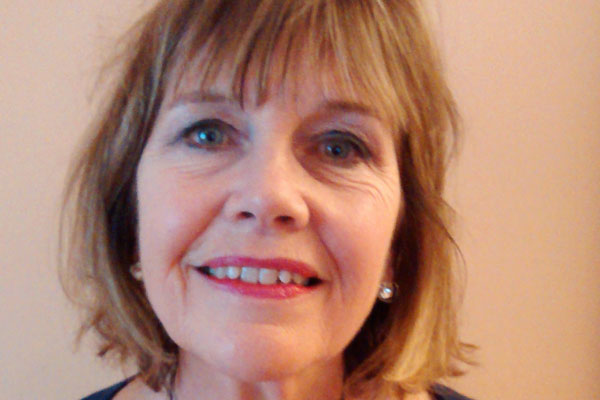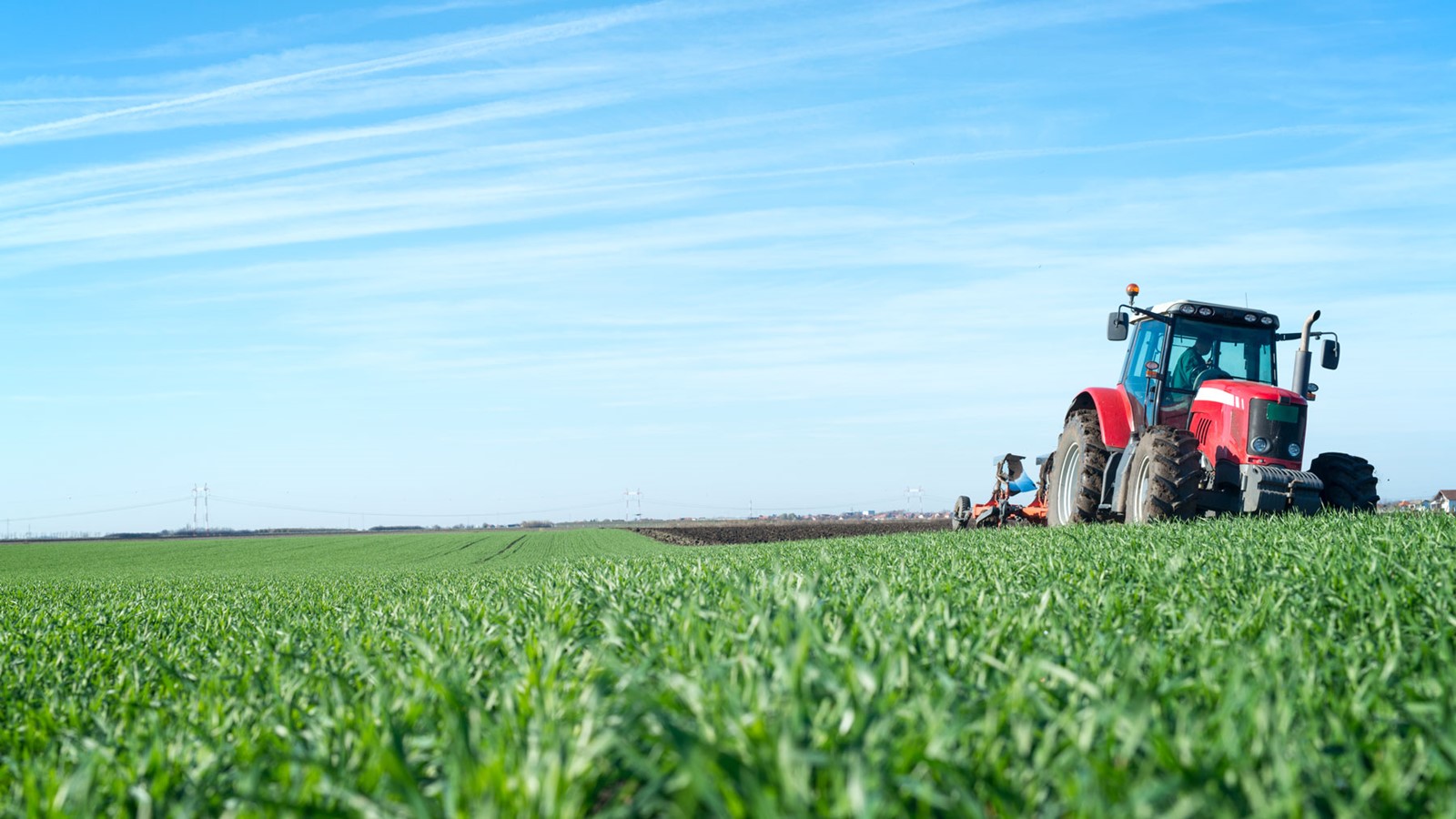I wanted to talk about the difficult topics of depression and suicide in farming, during Men’s Health Week. We might not appreciate this when we’re eating our breakfast, but there’s a very good chance much of it has come from the British farms that either produce or support the production of around 70% of our food. As well as keeping us fed, farming is critical to the UK economy, and ecology too, generating billions in gross domestic value and maintaining the carbon sink that removes harmful CO2 from our atmosphere.
It’s not all green and pleasant lands though. Farmers work impossibly long hours, very rarely retire and are frequently beset with challenges that make farming one of the most dangerous occupations a person could choose. Isolation, disease, exposure to extreme weather conditions and economic instability put many farmers on a difficult path, mentally and physically.
The Farm Safety Foundation (FSF) published the results of a survey earlier this year, to coincide with its annual Mind Your Head campaign, which found that 88% of farmers under 40 rank poor mental health as the biggest hidden problem facing the industry.
Farming is an occupation that's still dominated by older men. Around 65% of the farming workforce are male, and 62% of these are aged 55 and over. While awareness of mental health has certainly increased among younger farmers, for many older workers the message is not being heard. Farming is traditionally conservative, and farmers are often concerned about both the stigma and possible consequences of talking about their mental health, making them less likely to reach out. For those that do, there is often a lack of local support or services that are sensitive to the very specific needs of farm workers. Sadly, for some, the physical and emotional strain of farming is too much, with ONS figures showing that around one farm worker a week died by suicide in 2019/20; a statistic likely only to be increased by the devastating impact of COVID-19 upon UK farming.
Thankfully, there are a number of organisations, groups and charities working to support farmers and others in rural communities across the UK. The Royal Agricultural Benevolent Institution (RABI) is among them, and who provides free counselling through online platforms Kooth and Quell and the Daniel Picton-Jones Foundation, an organisation set up in Wales by Emma Picton-Jones in memory of her husband Daniel, following his death by suicide in 2016. Critical to the work of organisations like these is the recognition that farmers, and men especially, need safe spaces where they can talk about their mental health.
Younger farmers are starting to understand this and believe that talking is key to removing the stigma and barriers that stop others doing the same. John*, a Northamptonshire-based farmer, told me: “I can’t do what I do every day and not talk about it. It would drive me mad. It’s so easy though, to disappear inside yourself when you have a problem, especially when you’re left with your own thoughts for 12 hours a day and it’s not a good place to be. Talking to someone from outside, who isn’t relying on you, that was all I needed”.
* name changed.
Read more...

Men seeking therapy
Andy Garland talks about the importance of conversations about men's health. Men's Health Week 2021

It's healthy to talk
Ann Hogan explores themes about men's self esteem and their sense of purpose. Men's Health Week 2021

Blogs and vlogs 2021
News, views and updates from our staff, members and counselling clients
Views expressed in this article are the views of the writer and not necessarily the views of BACP. Publication does not imply endorsement of the writer’s views. Reasonable care has been taken to avoid errors but no liability will be accepted for any errors that may occur.
